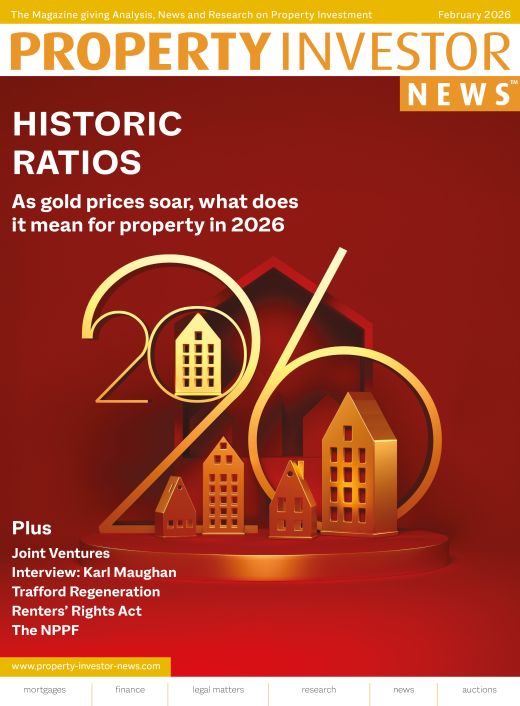We are all familiar with the concept of the ‘accidental landlord’, tens of thousands of landlords throughout the UK got started in property through inheritance, negative equity, or any number of unplanned routes.
Far fewer of us are likely to have considered the possibility of houses in multiple occupation (HMOs) being created without any aforethought, but it happens more often than you might realise.
Part of the problem lies with the definition of an HMO. When we hear talk of HMOs, we tend to think of larger, licensable, shared properties. Many assume that a property doesn’t tip into the category of HMO until it is home to five or more unrelated people, forming more than one household, but this is only one type of multiple occupancy.
The less obvious form of HMO is simply a property rented by three or more people forming more than one household. For example, a couple sharing a flat with an unrelated friend.
Given that the definition is so simple, how could an HMO be formed by accident?
In some cases, it’s just ignorance on the part of a landlord not familiar with the regulation of HMOs. Lots of flat shares don’t look like traditional HMOs. The tenants know each other, they’re all on one tenancy agreement and presented as a ‘package deal’ at the beginning of the tenancy. By letting to unrelated households, the landlord creates an HMO without even realising it.















